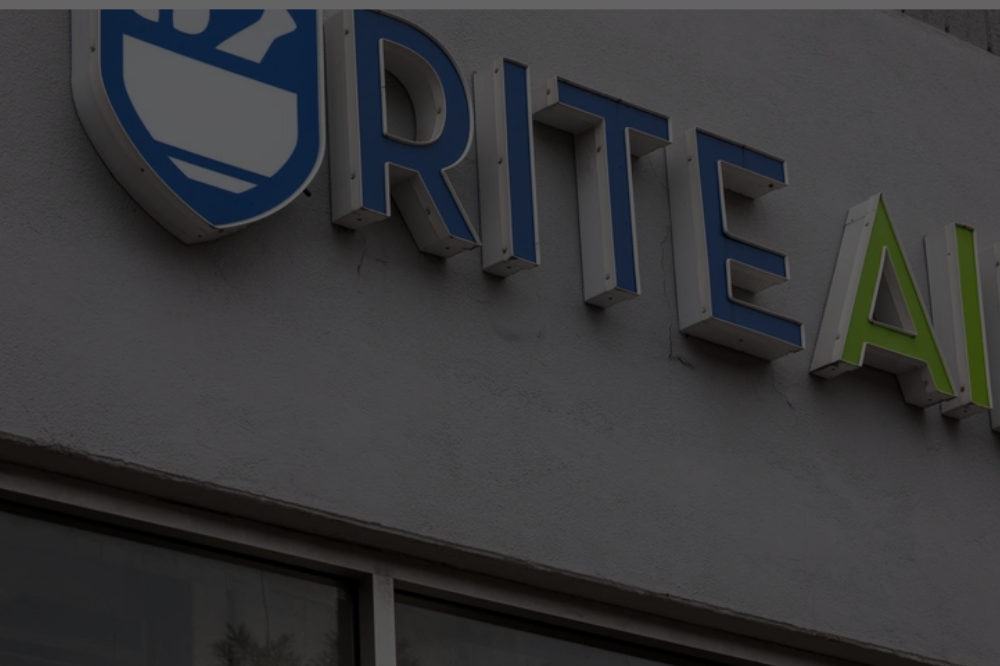When a data breach hits a major corporation like Rite Aid, the effects ripple far beyond the impacted company. For Rite Aid, over two million customers saw their private information—including names, dates of birth, and addresses—compromised.
While this incident demonstrates the risks that retail and healthcare companies face, it also provides valuable lessons for businesses of all sizes. Whether you’re running a family-owned shop or a global enterprise, safeguarding sensitive information should be a top priority.
This blog will explore actionable steps businesses can take to fortify their cybersecurity defenses. We’ll also highlight insights from the recent Rite Aid settlement and provide advice for mitigating the risks associated with data breaches.
The Growing Threat of Data Breaches
Did you know that in 2024 alone, the Federal Trade Commission received over 1.1 million reports of identity theft? With the growing reliance on digital systems, cyberattacks have become more sophisticated.
From ransomware to phishing attempts, these breaches put sensitive data at risk, including financial records, customer details, and intellectual property.
Rite Aid’s data breach—in which attackers accessed personal information of customers shopping over a year-long period between 2017 and 2018—is just the tip of the iceberg.
This incident, tied to the RansomHub ransomware group, took only 12 hours to execute. It raises a critical question for all business owners:
Is your company prepared to respond to a cyberattack?
Lessons from the Rite Aid Data Breach
One of the key takeaways from the Rite Aid cybersecurity failure was the lack of proactive data security measures.
Despite a previous cybersecurity incident, the company failed to implement sufficient protections to prevent further breaches.
Here’s what businesses should take away from this:
1. Be Proactive, Not Reactive
Rite Aid responded to the attack within 12 hours by shutting down the unauthorized access. However, their failure to detect vulnerabilities ahead of time exposed 2.2 million customers to risk. Businesses must focus on preventive measures, from regular system updates to cybersecurity audits.
2. Sensitivity Matters
The breach included non-financial information such as driver’s license numbers and birthdates.
Even seemingly less critical data can be weaponized by hackers. Therefore, businesses should encrypt all forms of sensitive data and adopt a layered approach to protection.
3. Learn from Past Incidents
Given Rite Aid’s earlier breaches, the company was already a known target. Businesses should treat any cyberattack as a learning opportunity, doubling down on vulnerabilities and industry-specific risks post-incident.
Steps Businesses Can Take to Prevent Data Breaches
For organizations looking to avoid costly data breaches—including regulatory fines, legal settlements, and reputational hits like that seen in Rite Aid’s $6.8 million settlement—we’ve outlined six key strategies:
1. Regular Security Audits
Just as Rite Aid faced legal claims for lax cybersecurity measures, all businesses need to conduct regular assessments of their IT systems.
Security audits can identify vulnerabilities before hackers exploit them. Make this a routine part of your operations, conducted by certified professionals.
2. Employee Training
Phishing and social engineering attacks are some of the easiest ways hackers breach systems.
Simple human error is often the weakest link in cybersecurity. Conduct regular training to educate employees about recognizing fraudulent emails, websites, and other common scams.
3. Limit Access to Sensitive Data
Implement strict access control measures. Not every employee should have access to all company data.
Use role-based access systems to ensure that individuals only handle information relevant to their role.
4. Use Data Encryption
Protect sensitive records—including usernames, passwords, and customer details—with strong encryption methods.
Even if a hacker gains access to your system, encryption can render stolen data useless without decryption keys.
5. Build a Strong Password Policy
Weak passwords continue to be a major vulnerability for businesses. Incorporate strong password policies across the organization, and implement tools like multi-factor authentication (MFA).
6. Invest in Identity Theft Protection Services
Many companies are now adopting corporate-level identity protection services for their employees and customers.
Services like Aura or Identity Guard, often included in post-breach settlements, can proactively monitor for unusual activity that could indicate a breach.
Why Your Business Can’t Afford to Ignore Cybersecurity
Failing to prioritize cybersecurity can cost you more than legal settlements. Here’s what’s at stake:
- Financial Losses: Beyond settlements (like Rite Aid’s $6.8M payout), breaches can lead to regulatory penalties and recovery costs.
- Reputation Damage: Losing consumer trust can take years to recover. Businesses that fail to protect sensitive data often see customer churn.
- Operational Disruptions: Downtime caused by data breaches can halt operations entirely, hurting revenue streams.
By taking proactive measures, businesses can protect themselves, their customers, and their long-term viability.
What to Do If You’ve Experienced a Breach
If your business has already faced a breach or is concerned about its cybersecurity posture, consider the following steps:
- Contain and Assess: Immediately shut down affected systems and assess the full scope of the breach.
- Notify Affected Parties: Transparency is key. Inform impacted customers or stakeholders, just as Rite Aid issued notifications to affected customers.
- Engage Experts: Bring in a cybersecurity team to identify how the breach occurred and to strengthen your defense.
- Offer Remediation Tools: Provide credit monitoring or identity protection services for affected individuals, particularly if sensitive data was lost.
Closing Thoughts: Cybersecurity as a Competitive Advantage!
Protecting data isn’t just a necessary cost of doing business; it’s an opportunity to build trust with your customers.
Organizations that invest in safeguarding sensitive information demonstrate not only compliance with regulations but also respect for their stakeholders.
Take a proactive approach to cybersecurity today. Implement the strategies outlined in this post to avoid becoming the next Rite Aid headline!

